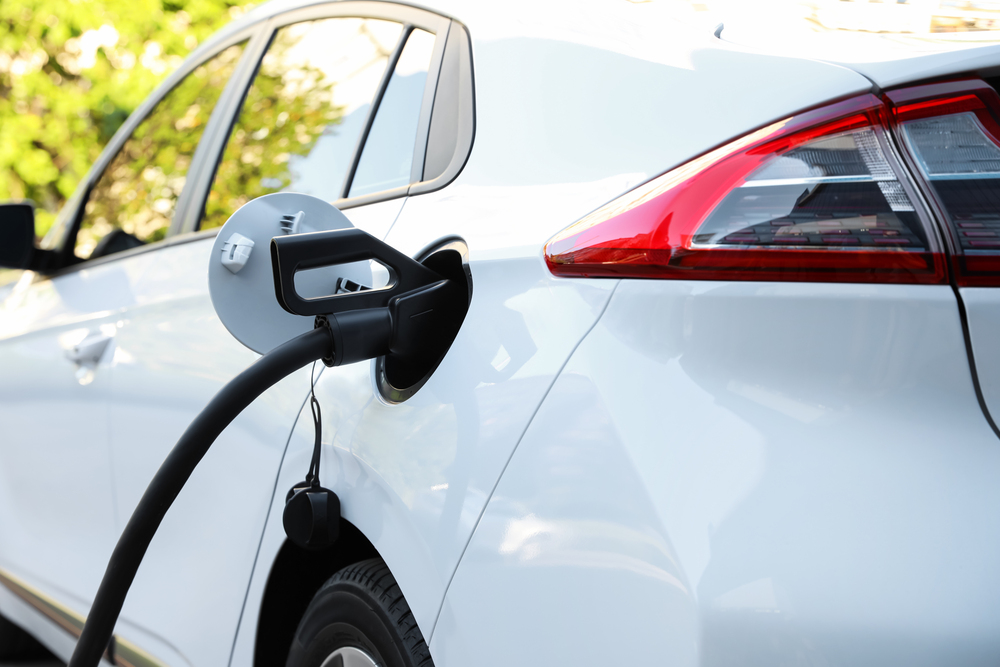Featured
Electric vehicles (EVs) have rapidly shifted from being a niche technology to a mainstream option for families worldwide. While the environmental benefits of EVs are well-known, there’s another compelling reason for their growing popularity: their financial advantages. Let’s dive deeper to understand how they can positively impact a family’s finances.
Ways electric vehicles can have a positive impact on your finances

1. Fuel Cost Savings
One of the most noticeable financial advantages of owning an electric vehicle is the dramatic reduction in fuel costs. Traditional petrol-powered vehicles rely on fossil fuels, which are subject to volatile price fluctuations. This unpredictability can strain a family’s budget, especially during times of high fuel prices. On the other hand, EVs run on electricity, which is generally more affordable and stable in price compared to petrol.
According to recent estimates, the cost per kilometre of driving an EV is significantly lower than for petrol or diesel vehicles. Over time, these savings add up, particularly for families who use their cars frequently for commuting, school runs, and road trips. Families can expect to save hundreds, if not thousands, of pounds annually on fuel alone.
2. Lower Maintenance Costs
Electric vehicles are mechanically simpler than their counterparts, which translates into lower maintenance expenses. A typical internal combustion engine (ICE) car has hundreds of moving parts that require regular servicing, including oil changes, transmission fluid, and exhaust system maintenance. These components are prone to wear and tear, leading to potentially costly repairs over the life of the vehicle.
EVs, by contrast, have fewer moving parts. They don’t require oil changes, transmission repairs, or exhaust system replacements. The brake systems in EVs also last longer due to regenerative braking, which reduces wear. As a result, the annual maintenance costs for electric vehicles are generally much lower than for petrol-powered cars. For a family, this means fewer trips to the mechanic and more money saved over the years.

3. Government Incentives and Tax Credits
To encourage the adoption of electric vehicles, many governments offer significant financial incentives, including tax credits and rebates. These can substantially reduce the upfront cost of purchasing an EV, which is often cited as a barrier for some families.
Across Europe and other regions, EV incentives exist, including subsidies for EV purchases, reduced registration fees, and exemptions from certain taxes. These incentives can be particularly valuable for families looking to purchase a new vehicle, as they can help offset the higher initial cost of an electric car compared to a traditional petrol-powered vehicle. Additionally, many countries are offering financial incentives to install home charging stations, further easing the transition to EV ownership.
4. The Convenience and Savings of Home Charging
One of the most practical benefits for families is the ability to charge an EV at home, turning the family driveway into a personal refuelling station. Installing a home charging setup eliminates the need for frequent trips to the fuel station, saving both time and money. Moreover, families can take advantage of off-peak electricity rates by charging their EVs during nighttime hours when rates are typically lower.
Companies like evpowerhouse provide reliable and affordable charging solutions for homes, making it easier for families to get started with their own EV charging infrastructure. The long-term savings of home charging are considerable. While the initial cost of installing a charging station might seem steep, the overall savings on fuel and the convenience it offers quickly outweigh the installation expenses. In the long run, families can significantly cut down on transportation costs by taking advantage of home charging options.

5. Resale Value and Longevity
While the initial purchase price of some EVs may be higher than that of traditional vehicles, the resale value of electric vehicles is often superior, especially as EVs become more mainstream and demand grows. As more families recognise the benefits of electric vehicles, the demand for used EVs is increasing, keeping their resale value strong.
Additionally, many EVs come with long warranties for their batteries, often ranging from 8 to 10 years. This means families can count on their EVs for years of reliable service without worrying about the high cost of battery replacement. As battery technology improves, the lifespan of EVs is only expected to increase, making them a better long-term investment.
The Bottom Line
For families weighing the pros and cons of electric vehicle ownership, the financial benefits are hard to ignore. From significant fuel savings and reduced maintenance costs to government incentives and the convenience of home charging, EVs offer a range of economic advantages. While the initial price of an EV may seem daunting, the long-term savings and value make it a sound investment for families looking to stretch their budgets further while contributing to a cleaner, more sustainable future.
Image Credit: depositphotos.com





























